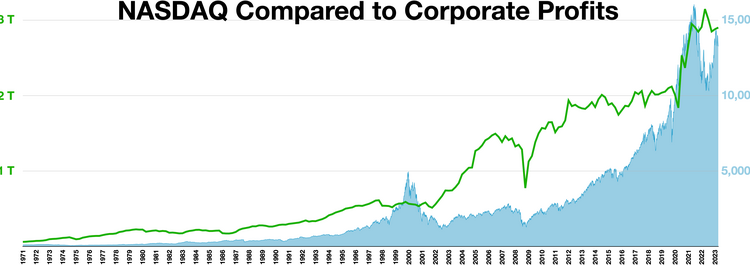From sanctions to state support: Huawei’s unexpected comeback story.
- Huawei has rebounded strongly after initial struggles due to U.S. sanctions.
- The company received significant state support, boosting its profitability and market position.
- Huawei is expanding into new sectors, including electric vehicles and cloud computing.
- Despite challenges, Huawei maintains a leading position in the global telecom market.
- The U.S. sanctions have inadvertently strengthened Huawei’s ties to the Chinese government.
Five years ago, the U.S. imposed sanctions on Huawei, fearing the telecom giant would engage in espionage. Many believed this would lead to Huawei’s downfall. However, the company has made a remarkable comeback, fueled by billions in state support. This financial backing has allowed Huawei to diversify its business, increase profitability, and reduce reliance on U.S. suppliers. Despite American efforts to limit its influence, Huawei remains a leader in the global telecom equipment market and is regaining ground in the high-end smartphone sector with new in-house developed chips. nnInitially, Huawei struggled after the sanctions, with a significant revenue drop in 2021. However, the Chinese government ramped up support, providing over $1 billion in grants in 2023 alone. This support has allowed Huawei to focus on developing its own operating systems and even venture into electric vehicles. nnWhile Huawei still faces challenges, such as keeping pace with advanced semiconductor technology, it has adapted by building a more self-sufficient supply chain. The U.S. government, while claiming success in reducing Huawei’s presence in its networks, is now closely monitoring the company’s advancements in semiconductor manufacturing. nnAs tensions between the U.S. and China continue, Huawei has positioned itself as a national champion, with a significant portion of its revenue now coming from domestic clients. The company’s narrative has shifted from being an independent tech player to a key player in China’s strategy to reduce reliance on foreign technology. nnIn summary, Huawei’s journey illustrates the complexities of U.S.-China relations and the challenges of containing a resilient competitor that has found strength in adversity.·
Factuality Level: 6
Factuality Justification: The article provides a detailed account of Huawei’s situation, including its recovery and government support, but it contains some bias and presents opinions as facts, particularly regarding the implications of U.S. sanctions and Huawei’s role as a national champion. While it includes factual information, the framing and some interpretations may lead to a skewed understanding of the broader geopolitical context.·
Noise Level: 7
Noise Justification: The article provides a detailed analysis of Huawei’s resilience and growth despite U.S. sanctions, supported by evidence and data regarding government support and market dynamics. It explores the implications of these developments on U.S.-China relations and holds powerful entities accountable. However, it could benefit from a more critical examination of the broader consequences of Huawei’s resurgence and its implications for global technology competition.·
Public Companies: Apple (AAPL), Nvidia (NVDA), Intel (INTC), Qualcomm (QCOM), Taiwan Semiconductor Manufacturing Co. (TSM), Ericsson (ERIC), Nokia (NOK)
Private Companies: Huawei,Chery Automobile,Honor
Key People: Ren Zhengfei (Founder of Huawei), Meng Wanzhou (Huawei Executive), Sameh Boujelbene (Analyst at Dell’Oro Group), Matt Pottinger (Former Deputy National Security Adviser), Chris Peirera (Former Huawei Senior Director in Public Affairs)
Financial Relevance: Yes
Financial Markets Impacted: Huawei’s resurgence impacts the global telecom and smartphone markets, particularly affecting competitors like Apple, Ericsson, and Nokia.
Financial Rating Justification: The article discusses Huawei’s financial recovery and growth, driven by government support and its impact on the technology market, which is highly relevant to financial discussions regarding market competition and investment.·
Presence Of Extreme Event: No
Nature Of Extreme Event: No
Impact Rating Of The Extreme Event: No
Extreme Rating Justification: The article discusses Huawei’s business strategies and government support in the context of U.S.-China relations, but it does not mention any extreme events such as natural disasters, financial crises, or other significant disruptions.·
 www.wsj.com
www.wsj.com 





